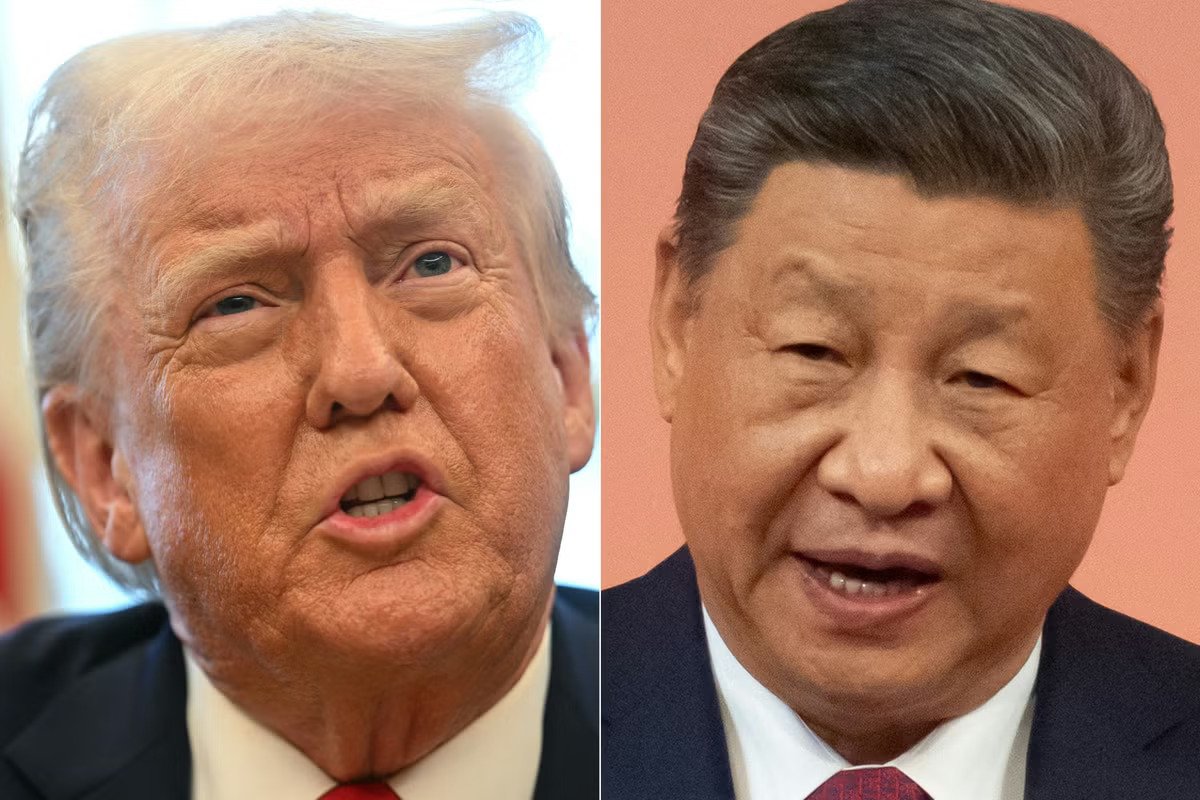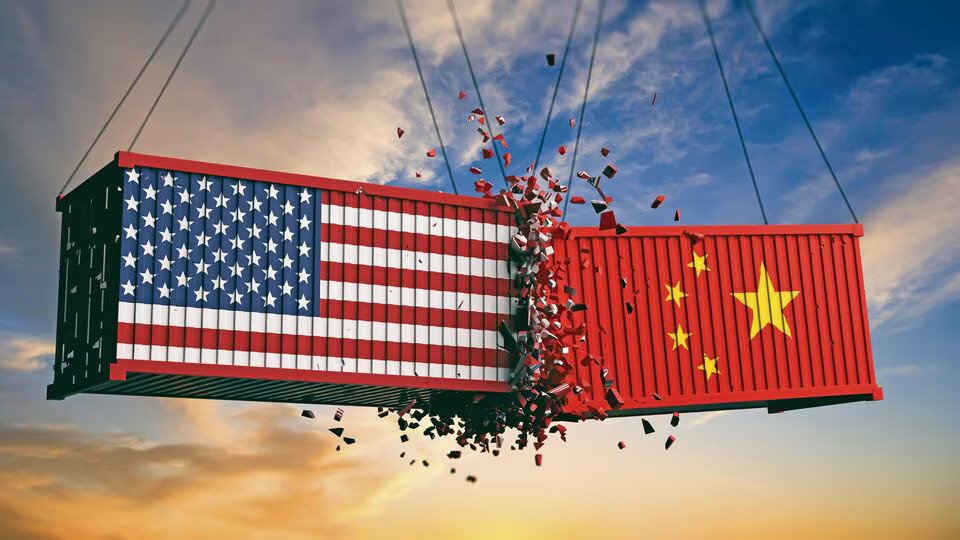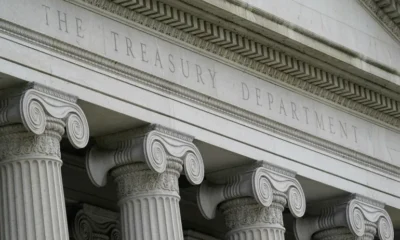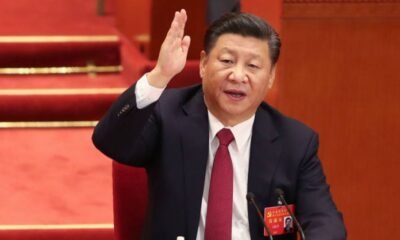News
China Files WTO Complaint Against Trump’s Tariffs, Accuses U.S. of Protectionism
Published
11 months agoon
By
M N Ridwan
China has formally challenged the latest U.S. tariffs imposed under President Donald Trump, accusing the United States of making “unfounded and false allegations” regarding China’s role in the fentanyl trade.
This complaint, filed with the World Trade Organization (WTO), follows Trump’s decision to raise border taxes on Chinese goods by 10%.
The tariffs, Trump argued, were necessary to combat the influx of illegal drugs into the U.S.
In its filing, China described the U.S. measures as “discriminatory and protectionist,” claiming they violate international trade rules.
This escalation in trade tensions marks another chapter in the ongoing dispute between the two economic giants, as Trump’s administration continues to press for tariffs on all foreign imports, hoping to curb the U.S. trade deficit and encourage domestic manufacturing.
China’s swift WTO filing signals its readiness for a prolonged trade battle.
As part of its response to the tariffs, China has already retaliated with its own set of tariffs on U.S. goods and an anti-monopoly investigation into Google.
Additionally, Bloomberg reports that China is considering a probe into Apple’s business practices, which impacted the tech giant’s stock price.
The tariffs, though aimed at balancing trade, have raised concerns within the U.S. economy. Businesses, unsure of the tariffs’ long-term effects, have delayed investments or raised prices to absorb the added costs.
For instance, Sheertex, a Canadian tights manufacturer, announced it would lay off 40% of its workforce due to tariff-related uncertainties.

U.S. imports reached an all-time high in December, spurred by companies rushing to secure foreign-made goods ahead of potential tariff hikes.
The surge in imports led to a widening trade deficit, reaching its highest level in nearly two years.
The value of goods entering the U.S. hit $293.1 billion in December, a 4% rise from November.
The WTO process gives the U.S. and China 60 days to attempt to resolve the dispute through consultations.
If they cannot reach an agreement, China could request a panel of judges to adjudicate the matter.
However, the effectiveness of this process is in question, as the U.S. has refused to approve new judges for the WTO’s dispute resolution body.
This has stalled previous trade disputes, including one concerning U.S. tariffs on steel and aluminum imposed during Trump’s first term.
Trade experts, including Jeff Moon, who worked on China trade policy under President Barack Obama, believe that China’s case may initially be supported by the WTO.
However, the appeal process has been paralyzed, leaving any final resolution in limbo.
As the trade war intensifies, the global economic landscape remains uncertain, with significant implications for both the U.S. and Chinese economies.
Related News
You may like


President Mahama Urges China to Invest More in Ghana’s Future


JUST IN: China Hacks U.S. Treasury Department in Major Cyberattack


China Lifts Rock Lobster Ban, Restoring Key Trade Link with Australia


Ten Citizens Dead As Two Tornadoes Ripped Through Two Cities In The Eastern Part Of China.


China Is Not Committed To Abandoning The Use Of Force In Taiwan – President Xi


Uganda Energy Minister Blasts EU Critics Over Oil Project

















